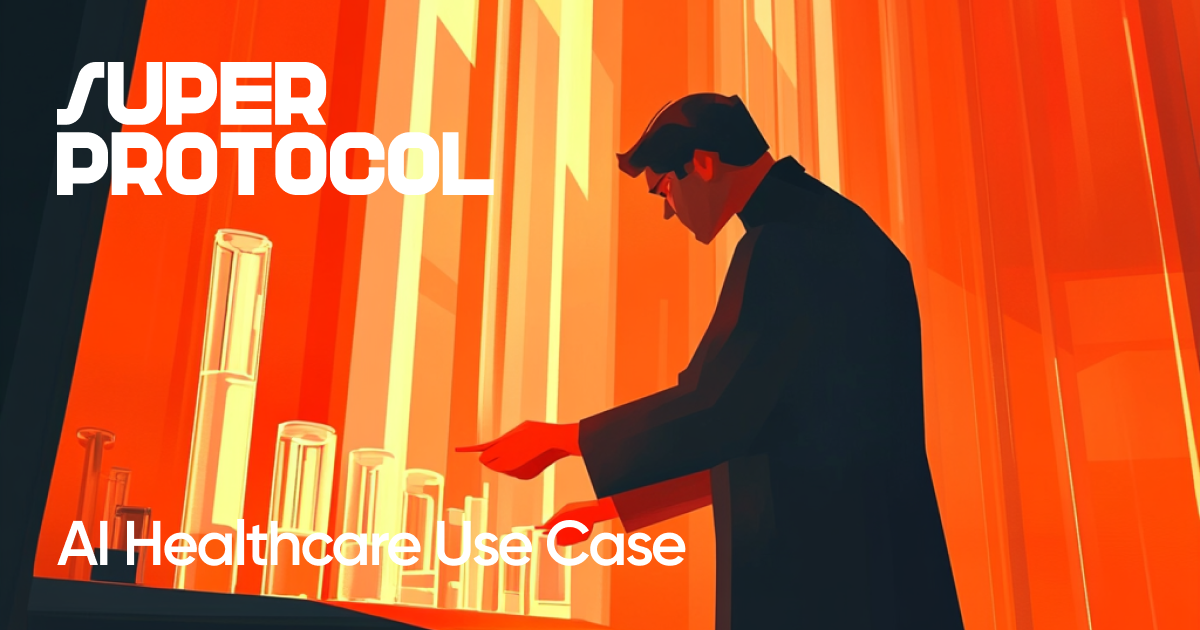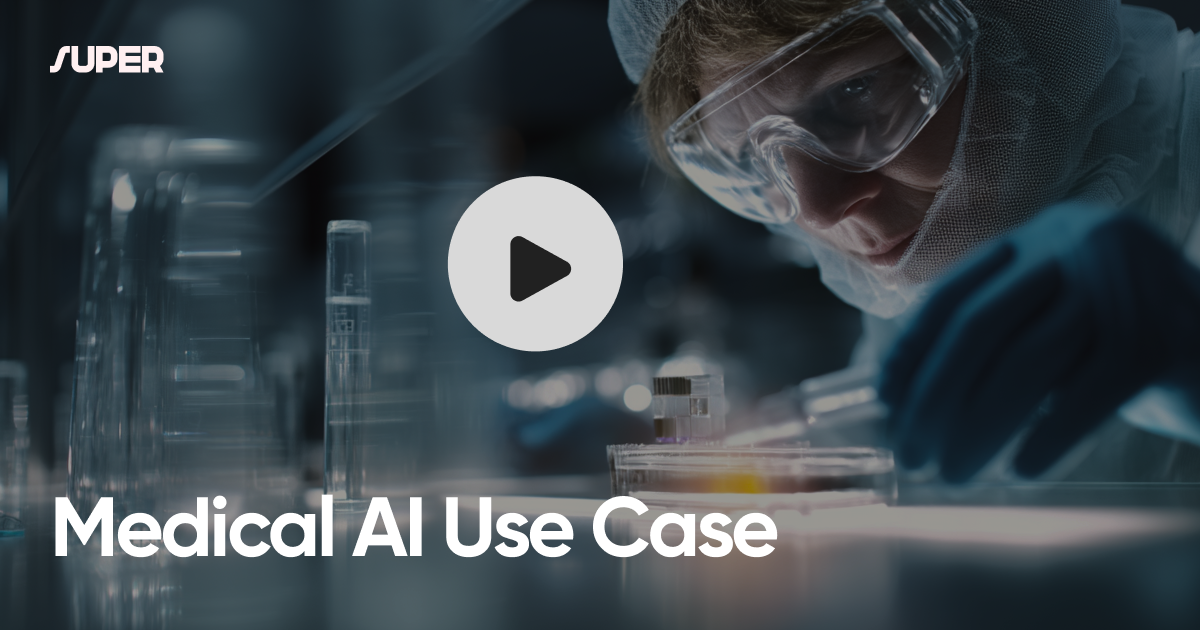
Confidential Medical Imaging Data to Train AI Models
Discover how a confidential marketplace can enable AI researchers to access high-quality medical imaging data while maintaining patient privacy and regulatory compliance.
Super Team
Healthcare institutions and research centers are increasingly recognizing the potential of AI in revolutionizing diagnostics and treatment planning. However, accessing high-quality, real-world medical imaging data, such as CT and MRI scans, remains a significant challenge due to strict privacy regulations and the sensitive nature of patient information.
Example of a Potential Use Case
Training AI Models for Advanced Medical Diagnostics
Leveraging vast collections of anonymized CT and MRI scans to train AI models capable of early detection of diseases like cancer, cardiovascular conditions, or neurological disorders.
For instance, training an AI system on anonymized brain MRI scans to identify early markers of Alzheimer's disease or rare neurological disorders with higher precision and consistency than traditional diagnostic methods.
The challenge lies in balancing the need for high-quality imaging data with the obligation to protect patient privacy and comply with regulations such as HIPAA and GDPR.
The Core Challenge
How can researchers and AI developers access and train models on sensitive medical imaging data without compromising patient privacy or risking non-compliance with strict data protection laws?
The Solution: A Confidential Marketplace
A confidential marketplace for medical imaging data can address this challenge by providing a platform that:
- Enables researchers to train AI models on large-scale, high-quality datasets without directly accessing or storing the data locally.
- Ensures full compliance with privacy regulations through advanced anonymization techniques and confidential computing environments.
- Offers healthcare institutions transparency and control over how their data is utilized, including detailed logs of model training processes and outcomes.
How It Works:
-
Data Protection: All imaging data remains securely stored within the marketplace's confidential environment. Advanced anonymization ensures no personally identifiable information (PII) is accessible to AI developers.
-
Training via Encrypted APIs: Developers interact with the platform through encrypted APIs to submit AI training requests. The models are trained within the secure environment, and only the trained models are returned to developers.
-
Transparent Oversight: Medical institutions maintain full control, with detailed insights into how their data contributes to model training, ensuring compliance with regulatory and ethical standards.
Benefits:
For Healthcare Institutions:
- Ensure patient privacy and data security while contributing to medical innovation.
- Generate additional revenue by securely sharing anonymized data for AI research.
For AI Developers:
- Access high-quality, real-world medical data without facing regulatory or ethical roadblocks.
- Train and validate models for life-saving diagnostic tools.
For the Healthcare Industry:
- Accelerate advancements in AI diagnostics and treatment planning.
- Promote ethical and transparent use of sensitive medical data.
Conclusion
A confidential marketplace for medical imaging data opens up new possibilities for collaboration between healthcare providers and AI developers. This platform ensures that sensitive patient data remains secure and compliant with regulations while driving breakthroughs in diagnostics and personalized medicine. The result is a safer, more efficient path to advancing AI technologies in healthcare without compromising on trust and privacy.


